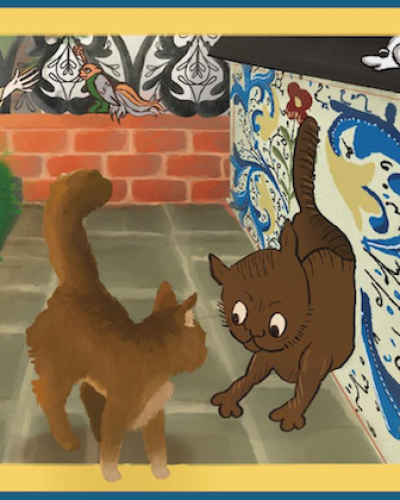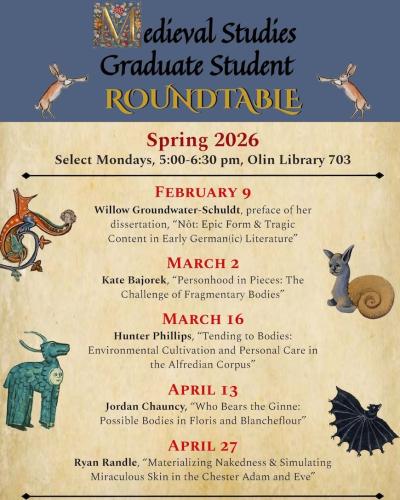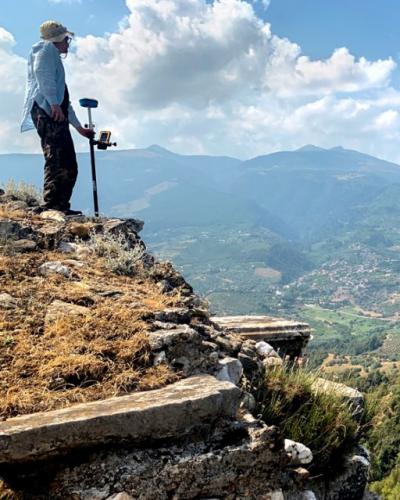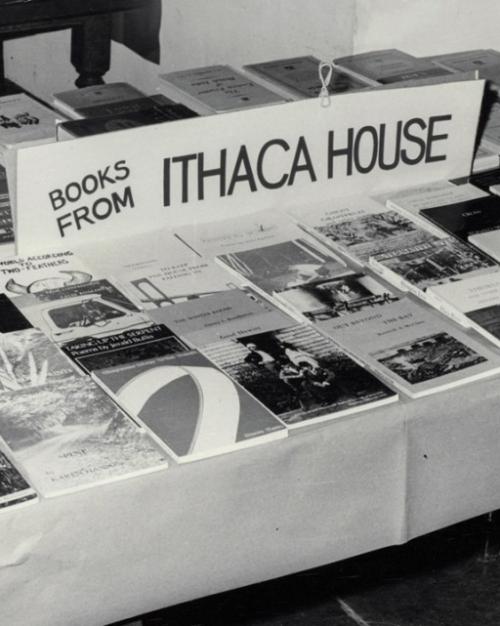The Cornell Medieval Studies Program is pleased to announce the 36th annual Medieval Student Colloquium (MSSC) in person at Cornell University's A.D. White House on Saturday, February 21, 2026.
The theme this year is "Mirror Worlds".
When we make a mirror of something, what becomes of the reflection? This year, our theme “Mirror Worlds” considers the metaphorical and material worlds crafted through mirror images. Mirrors in the medieval world act as thresholds, whether for inner worlds, outer worlds, or the otherworldly, both promising “access to other realms—earthly, imaginary, or divine” while also suggesting “the limitations of human perception, knowledge, and wisdom” (Frelick, The Mirror in Medieval and Early Modern Culture, 2–3). We invite proposals for twenty-minute papers exploring the multifaceted nature of mirrors and their worlds from a wide range of medieval literatures, histories, geographies, material cultures, and disciplines. Studies could examine, but are certainly not limited to, metaphors of mirrors, mirror worlds and dreamscapes, mirrored characters, twins, and doubles, as well as ideas of microcosm and macrocosm. Furthermore, we invite applicants to consider the stakes of representation involved with mirrors—how do mirrors represent or distort the mirrored image? What new realities can mirrors conjure and what dangers do they provoke? How does representation function like a mirror for meaning, and what is lost or gained through representation?
Other possible questions for consideration include:
- How do the various “worlds” (spiritual, physical, bodily, political) of the Middle Ages mirror and overlap with one another?
- What are the limitations of the mirror’s framing? What can the mirror not see?
- To what extent is art a mirror for reality, and how?
- How do anthropocentric mirrors distort physical environments, landscapes, and ecologies, or vice versa?
- What is the relationship between performance and reality in the Middle Ages?
- How are mirrors as material objects used in the Middle Ages?
- When does memory become a mirror for experience?
Papers from underrepresented fields and backgrounds are particularly welcome. We invite submissions from all fields and disciplines adjacent to Medieval Studies, including but not limited to Africana Studies, Animal Studies, Anthropology, Archaeology, Art History, Asian Studies, Classics, Comparative Literature, Critical Identity Studies, Disability Studies, Ecocriticism, English Language & Literature, Gender and Sexuality Studies, History, Indigenous Studies, Music Studies, Near Eastern Studies, Philosophy, Romance Studies, Theology, Trans Studies, and Queer Theory.
Please submit abstracts of 200–300 words by December 1, 2025.




